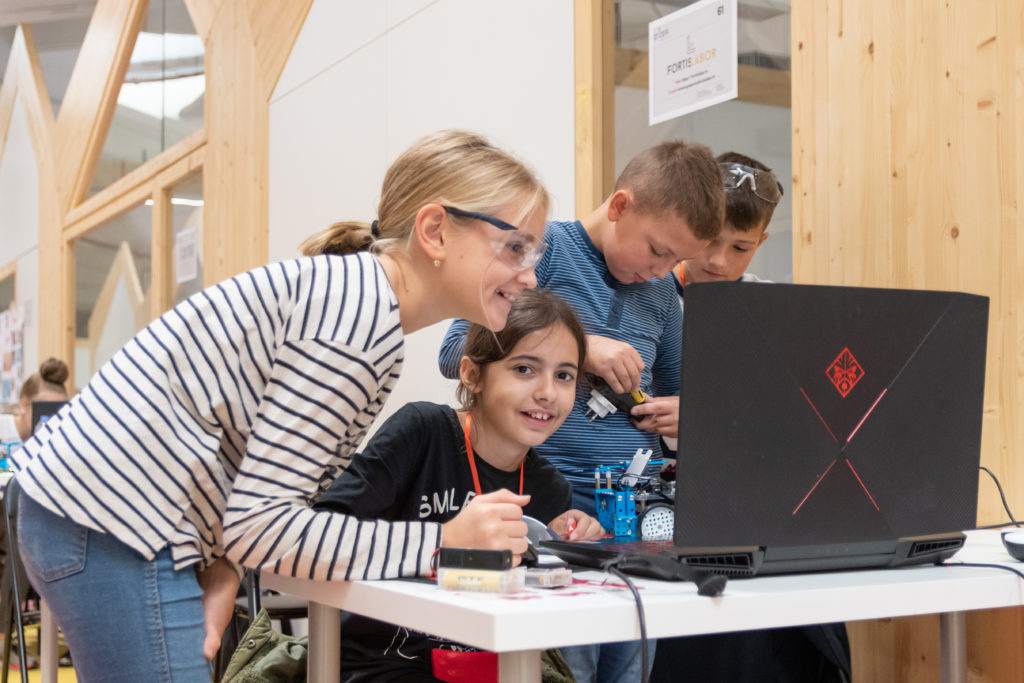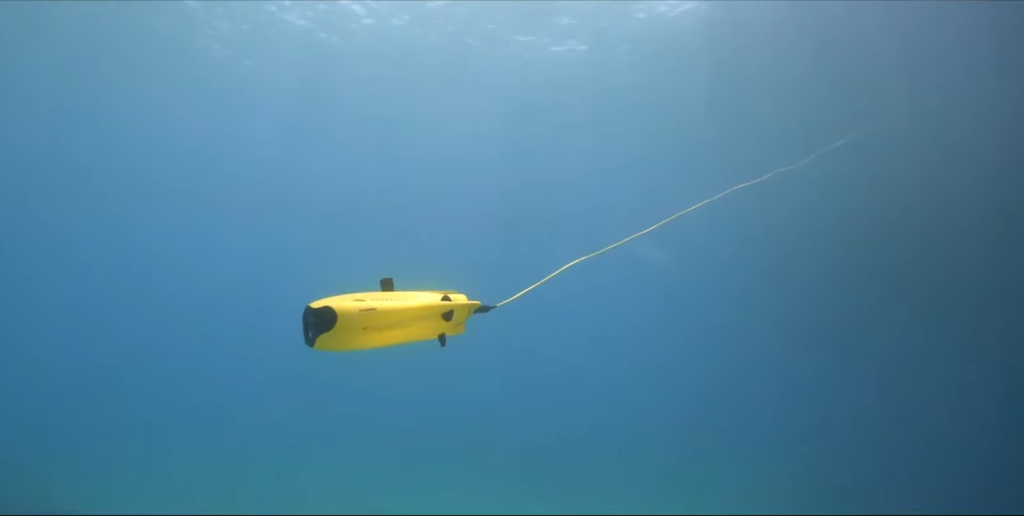Children in Croatia and Norway will use underwater drones to explore maritime coastal environments and the changes that are taking place. The project Citizens Science: Measuring and Observing Seas is part of EWC’s focus on sustainability and citizenship.

The students will have the opportunity, using robots with deep dive possibility, to explore their maritime coastal environment and make observations and record changes over time. Just like scientists. They will also discuss how changes in the sea affect the way people in their local environments and around the world live and how they can get involved in their communities to drive positive change, as responsible democratic citizens.
Climate changes are occurring in every region and globally, according to the latest Intergovernmental Panel on Climate Change report. It emphasizes that there is still time to act, but it must happen immediately. As the UN Climate Action states: A liveable future requires “Science, Solutions and Solidarity”. And we need to work together. Coordinated action by innovative multi-stakeholder partnerships can mobilize and share expertise and resources towards this common goal.
That’s why EWC have joined up with local partners in the Western Balkan on this innovative initiative, aiming to empower young people to become active agents of change in the fight against climate change. By combing IRIMMs “know-how” on STEM education, with the World Wildlife Fund Adria´s knowledge on environmental issues and EWC´s expertise on youth participation and democratic citizenship, the project provides a unique approach to sustainability and education.

More specifically, EWC´s role will be closely linked with the social and civic dimensions linked to science and environmental issues. Dealing with ethical dilemmas, strengthening community engagement, raising awareness of a responsible citizenship, offline and online, will be an important focus.
EWC will contribute with resources guiding the reflections in the classroom, aiming at students becoming more aware of their civic responsibility – social, environmental, and ethical. “In this way, we believe the initiative will empower young people to be active agents of change shaping through their ideas and their solutions a more inclusive, fair, and sustainable future for all”, Ana Perona-Fjeldstad, EWC Executive Director says. Following an open call, in a course of two weeks, more than 200 schools have applied to take part in the project.
In a later phase the project will expand to Norwegian schools.
Project partners: IRIM – Croatian Makers (project lead), WWF Adria, The European Wergeland Centre, HGSS – Croatian Mountain Rescue Service.
More info: https://seas.croatianmakers.hr/en/homepage/